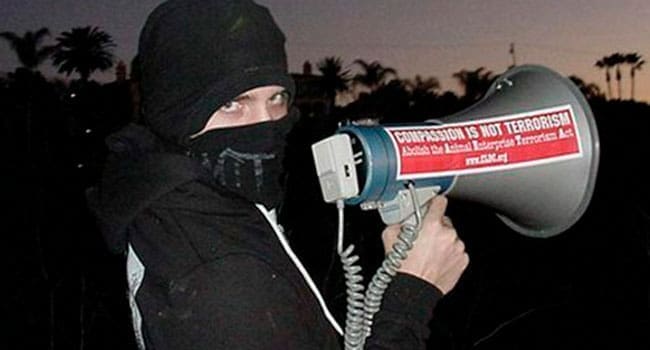 For the first time since the Islamic State (ISIS) announced its worldwide caliphate on June 30, 2014, it appears that the tide is finally starting to turn against it. Already, however, there are growing signs of how the Islamic State will adapt should it lose control of all, or a significant portion, of its core territory.
For the first time since the Islamic State (ISIS) announced its worldwide caliphate on June 30, 2014, it appears that the tide is finally starting to turn against it. Already, however, there are growing signs of how the Islamic State will adapt should it lose control of all, or a significant portion, of its core territory.
First, it has been steadily expanding its footprint in Europe. European intelligence agencies believe that there may be between 1,000 and 2,000 jihadists in Europe with battlefield experience under ISIS. The Islamic State claims that it has infiltrated over 5,000 militants into Europe, and that it has “dozens of cells” spread throughout the continent. One intelligence agency estimate puts Islamic State’s European strength at about 20,000 jihadists and committed supporters.
Secondly, it is expanding its involvement in criminal activities in Europe. There have been consistent reports, for example, that the Islamic State is becoming heavily involved in the smuggling of marijuana from the Balkans into Western Europe. The skill set required to run a subversive organization is not that different than the one needed to run a criminal enterprise. The smuggling networks that are used to bring in armaments and militants can just as easily be used to traffic in drugs and illegal immigrants.
Thirdly, it is steadily switching from offensive military operations where it was directly attacking Iraqi and Syrian military forces, as it did in 2014 and 2015, in favour of a combination of a scorched earth defensive posture and aggressive insurgency tactics.
The result is that, in defeat, it is leaving behind an urban wasteland that is laying the groundwork for more Sunni-Shia confrontation in Iraq, and creating an environment where it will continue to find support within Iraq’s Sunni community.
Finally, the Islamic State has returned to the campaign of indiscriminate urban violence that characterized its strategy from 2003 to 2007, and it is steadily expanding a semblance of that campaign into Europe.
The attack in Nice is symptomatic of how the Islamic State is adapting and it offers some important lessons.
First, the attacker was a lone wolf. It does not appear that he had any direct links to the Islamic State. He was not a former jihadist militant. Nor was he recruited or aided by ISIS. Encouraging such attacks is a key aspect of ISIS’s social media campaigns. In these situations, intelligence is almost non-existent. There is little planning, travel or chatter to tip off security personnel of a possible attack.
Secondly, it does not seem that the attacker was a particularly devout Muslim, or one who was particularly committed to jihadism. Rather, it seems he was a maladjusted, dysfunctional, petty criminal who found in radical jihadism a justification for his actions. In other words, this is not a case of a Muslim who was radicalized, as much as a case of a radical that was Islamized.
Just as in Nice, the backgrounds of many of the jihadists implicated in the half dozen terrorist attacks that have occurred in Europe in the last 18 months also suggest that we are dealing not with radicalized Muslims but with criminals and malcontents who have been Islamized. As the Islamic State expands its criminal activities and penetrates deeper into Europe’s criminal underworld it will find itself with ready access to precisely this kind of person.
Thirdly, terrorism is not just about guns. A truck in the hands of one man killed almost as many people in Nice as nine heavily armed gunmen did in Paris. Nor was this the first time that a vehicle was used as a weapon. In late 2015, ISIS called on its followers to use vehicles in precisely this way. Nice was at least the fourth such incidence in the last six months. There is no shortage of modern conveniences that can be used as a weapon of violence.
What happened in Nice, Paris, Brussels, Istanbul, Orlando, or in San Bernardino is a growing indication of how the Islamic State and other jihadist organizations will fight their war with Western society in the years to come. The good news is that Islamic State is steadily being rolled back and that in the next several years it may be completely shorn of its territorial holdings. The bad news is that, shorn of those holdings, the Islamic State may be an even more formidable opponent, one against which the offensive arsenal of modern nations will be far less applicable, while their ability to kill the innocent will be no less diminished.
Joseph Micallef is a historian, best-selling author and, at times, sardonic commentator on world politics.
Joseph is a Troy Media contributor. Why aren’t you?
The views, opinions and positions expressed by columnists and contributors are the author’s alone. They do not inherently or expressly reflect the views, opinions and/or positions of our publication.


